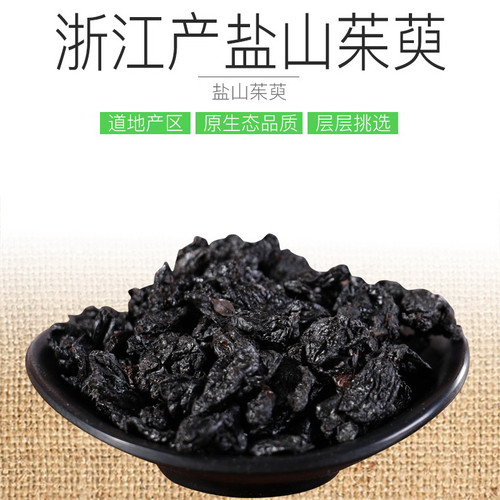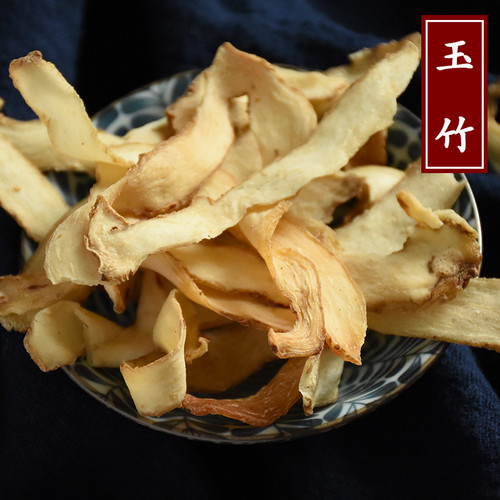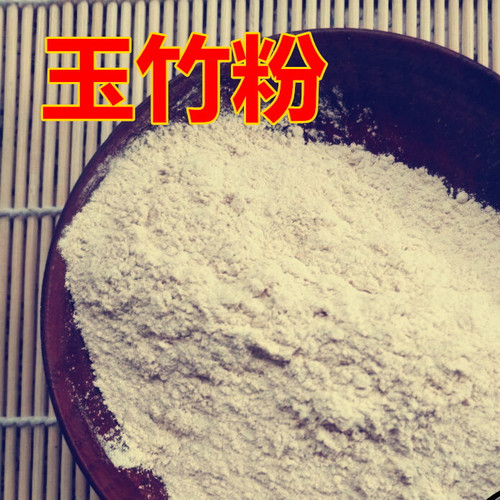Product Overview
Parts used: Dried ripe sarcocarp
TCM category: Herbs that stabilize and bind
TCM nature: Warm
TCM taste(s): Sour
Meridian affinity: Kidney Liver
Scientific name: Cornus officinalis
Other names: Japanese cornel, Dogwood
Use of cornelian cherries (Shan Zhu Yu) in TCM
Please note that you should never self-prescribe TCM ingredients. A TCM ingredient is almost never eaten on its own but as part of a formula containing several ingredients that act together. Please consult a professional TCM practitionner, they will be best able to guide you.
Preparation: Harvest the fruit when it is red, cook it in boiling water on a slow fire, extract the sarcocarp and dry it.
Dosage: 3 - 12 grams
Main actions according to TCM*: Preserves and tonifies the Kidney, Liver and Essence. Stops sweating and benefits the Yang and Qi. Assists menstruation and stops bleeding.
Primary conditions or symptoms for which cornelian cherries may be prescribed by TCM doctors*: Tinnitus Impotence Spermatorrhea Enuresis Metrorrhagia Leukorrhea Urinary incontinence Night sweats
Contraindications*: This herb should not be used by those with Fire symptoms or those with Damp-Heat and difficult or painful urination.
Common TCM formulas in which cornelian cherries are used*:
For spermatorrhea and night sweats combine cornelian cherries with yam (Shan Yao) and prepared rehmannia (Shu Di huang).
For Yang and Qi deficiency with spontaneous sweating combine cornelian cherries with milkvetch roots (Huang Qi) and codonopsis roots (Dang Shen).
For Kidney deficiency with impotence and shivers combine cornelian cherries with cordyceps (Dong Chong Xia Cao), yam (Shan Yao) and goji berries (Gou Qi Zi).
Key TCM concepts behind cornelian cherries (Shan Zhu Yu)'s properties
In Traditional Chinese Medicine (TCM), cornelian cherries are plants that belong to the 'Herbs that stabilize and bind' category. This category of herbs is used for treating abnormal discharges and displacement of organs. This includes conditions such as diarrhea, discharges from the vagina, penis or rectum as well as prolapse of the uterus or rectum. It is important to note that herbs in this category only treat symptoms, so one should also use herbs to treat the underlying Deficiency.
Furthermore cornelian cherries are plants that are Warm in nature. This means that cornelian cherries tend to help people who have too much "cold" in their body, although with less effect than a plant that would be Hot in nature. Balance between Yin and Yang is a key health concept in TCM. Those who have too much cold in their body are said to either have a Yin excess (because Yin is Cold in nature) or a Yang deficiency (Yang is Hot in Nature). Depending on your condition cornelian cherries can help restore a harmonious balance between Yin and Yang.
Cornelian cherries also taste Sour. The so-called "five elements" theory in Chinese Medicine states that the taste of TCM ingredients is a key determinant of their action in the body. Sour ingredients like cornelian cherries help with digestion and restrain abnormal discharges of fluids from the body, such as diarrhea or heavy sweating.
The tastes of ingredients in TCM also determine what organs and meridians they target. As such cornelian cherries are thought to target the Kidney and the Liver. According to TCM, the Kidneys do not only regulate the urinary system but also play a key role in the reproductive system and the growth and aging process of the body. The Liver on the other hand is often referred as the body's "general" because it is in charge of regulating the movements of Qi and body fluids. It also takes a leading role in balancing our emotions.









